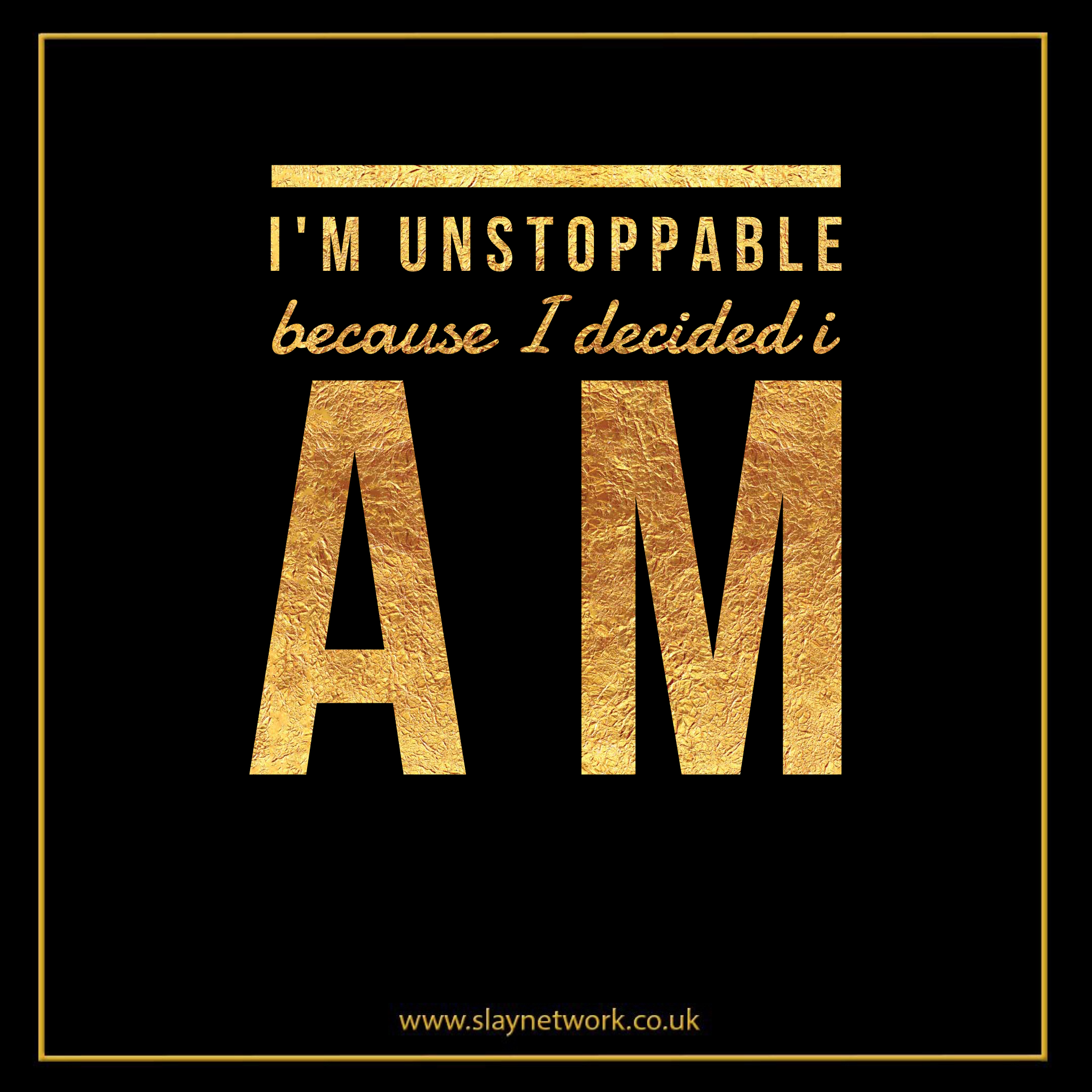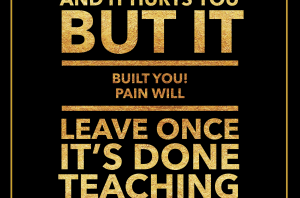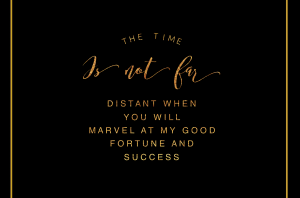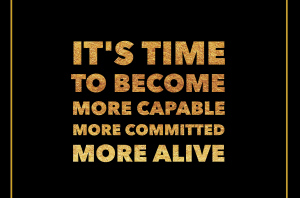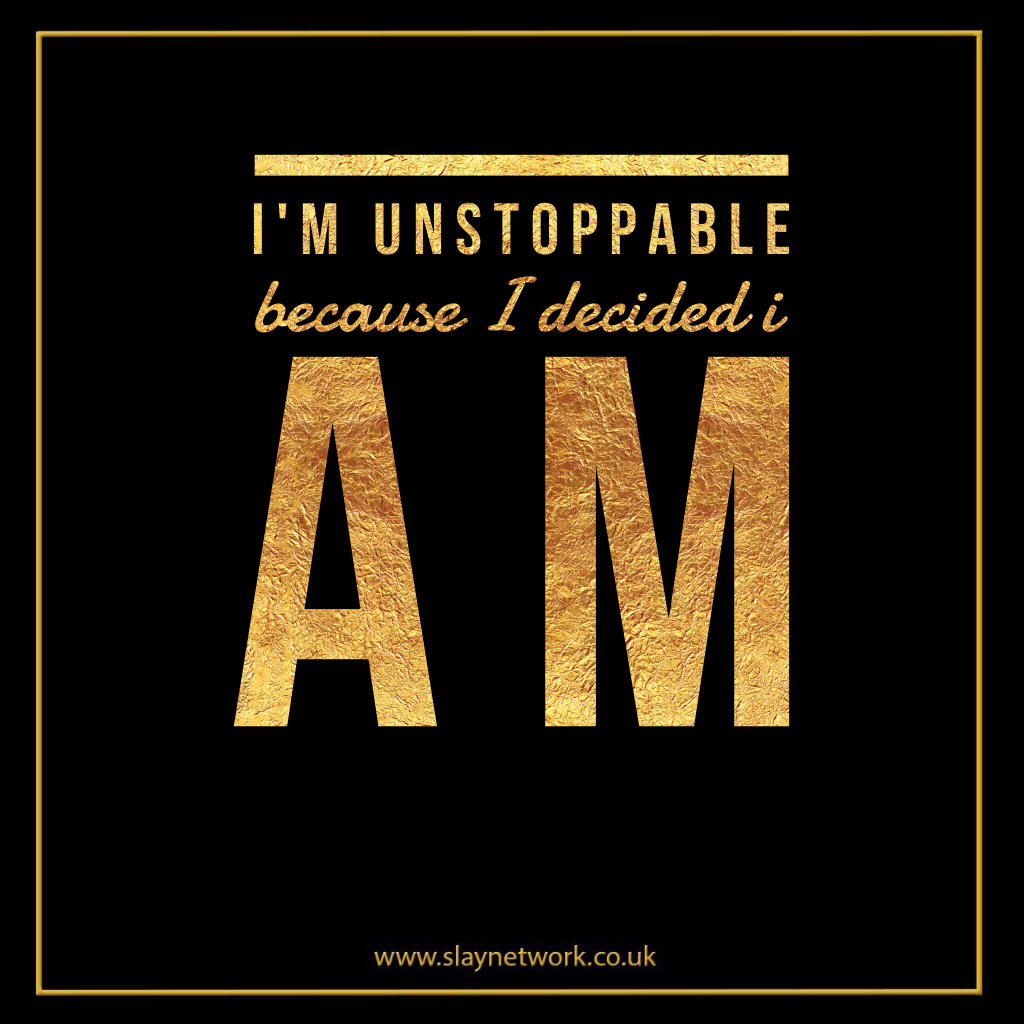
These 4 tips will make you unstoppable? Why? In order to succeed in life or in business or to achieve our goals, our mind can be trained just like an athlete trains there body. What you put in is what you get out – these tips are what will bring results.
If you want to be successful, you need to cultivate your mind with the same relentless tenacity that the most elite Nike-endorsed athletes muster to train their bodies. What follows are the four foundational areas I believe any business athlete must nail:
1. Control Your Emotions
If you want to be a great leader, step one is gaining mastery over your own emotions. People think of decision-making as a logical process, but in fact it’s an emotional one. Famed neuroscientist Antonio Damasio discovered that when people sustained damage to the region of the brain responsible for generating emotion, they were rendered pathologically incapable of making decisions. They could explain logically what situation they were in, but whether it was deciding what to eat for lunch or a major life decision, they simply could not overcome decision paralysis. The reason is emotions are what tip the scales. They are the cues that we all read to know which way we really want to go.
The cues become indecipherable noise, however, when your emotions run wild. While there is an intoxicating clarity to emotions like rage, when your emotions are out of control you can’t effectively steer your team. When you tend towards emotionality, you project an air of instability and create a massive sense of unease in your team. Consistency and stability are critical.
People will rally around a leader who has a clear vision and executes consistently. But there’s no stability if people can see that you’re easily knocked off balance emotionally. Like money, emotions are a good servant, but a bad master.
2. Decide You Are Unstoppable
Tony Robbins once said, “I’m unstoppable because I decided I am.” That quote gives me the chills, because it makes clear that identity drives behavior. The keyword is “decided.” If you want to make lasting changes in your life, don’t try to directly adjust your behavior. That’s like trying to cure a disease by merely dealing with the symptoms. You have to change your identity.
As complex as it may sound, changing identity is really straightforward. I’ll boil it down to these four steps:
Steps one and four give you a push/pull dynamic that will help you solidify your new identity. You have the excitement of being someone you’re proud of to pull you through the tough times, and the fear of embarrassing yourself by looking like a phony to push you as well.
3. Only Believe That Which Moves You Toward Your Goals
People lie to themselves all the time. The brain, in fact, is a factory of lies. From the psychological immune system, which blinds you to some harsh truths about yourself, to the way the brain seamlessly fills in the blind spot in everyone’s field of vision, the brain relentlessly makes things up. But what many people don’t realize is how many of your beliefs about yourself and what you’re capable of are BS.
The brain is a three-layered organ that has been evolving, somewhat chaotically, for millions of years. At the center is the lizard brain. Wrapped on top of that is the mammalian brain, and on top of that the neocortex — the layer that houses consciousness (supposedly) and all higher-level cognition.
We all like to think the neocortex is in full control, but in truth, your conscious mind is often the last to know. There have been some intriguing studies as of late that call into question whether we even have free will (for more on this watch the Moran Cerf episode of Impact Theory), but let’s not derail on that. For now, just know your brain’s primary directive is to keep you safe.
Given the nature of the brain’s desire to keep you safe at all costs, even if that means making you afraid to leave the house (studies show people are more afraid of public speaking than they are of death), people have a default belief system that is riddled with limiting beliefs. Your brain has no shortage of excuses as to why you can’t or shouldn’t do something. It’s much safer that way, you see. That’s why I think of self-improvement in terms of escaping The Matrix.
What’s trapping you is your own belief system. But once you realize your beliefs are the construct of a mind designed to keep you from taking risks, you can take conscious control of the process and swap your limiting beliefs for beliefs that are empowering.
4.Measure Results
We’re not judged by our intentions, but by our results. That’s why you have to let data be your guide. If you’re getting the results you desire, by definition you’re doing the right things. If you’re not getting the results you desire, you are not. It really is that simple.
The key is to have very clear goals. If you don’t have insanely clear goals it becomes impossible to know if you’re heading in the right direction. Think of it this way: it’s not enough to know you want to win an Olympic gold medal. If that’s all the information you have, you wouldn’t know if you should be putting on your ice skates or practicing your breast stroke.
And even knowing your sport isn’t enough. You have to know your event and which aspect of the skill set required you need to work on. You need to set goals for each activity, each day of practice, and you need to measure it all. You need to spot trends, identify plateaus, test new theories, and watch the results to see what’s working and what’s not.
Train every day. Once I started thinking of myself as a mental athlete, the need for a training regimen became clear. We all have the same 24 hours in our day. That’s why the name of the game is efficiency. You’ve got to be ruthless with how you allocate your energies to get the biggest bang for your buck. That’s why, first and foremost, I focus on the fundamentals of self-mastery.
If you focus your attention on the four areas mentioned above, you will be light years ahead of your competitors and these 4 tips will make you unstoppable. As Leonardo daVinci noted, “One can have no smaller or greater mastery than mastery of oneself.”
By i40club
If you would like to become unstoppable today click here

